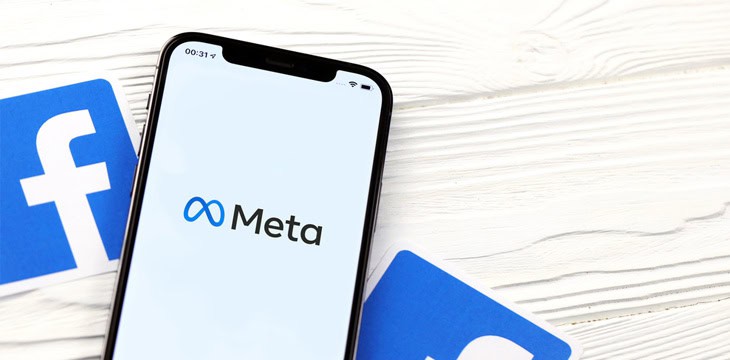Meta has called Michael Miller’s claims that the tech giant doesn’t respect Australian laws or community standards “preposterous.”
On Wednesday, News Corp Australasia’s executive chairman told the National Press Club that global tech giants should be subject to a social licence that forces them to pay for news and invest in mental health – and face criminal penalties if they break that licence.
“In my view, the tech monopolies are also mining companies,” Miller said. “They don’t mine our minerals, they mine our lives.”
A Meta spokesperson responded to Miller’s claims by pointing to the company’s work with the Office of the eSafety Commissioner since it was established, and its frequent work with local regulators.
“Over the years, we’ve restricted access to content out of respect for Australian laws, responded to thousands of requests from Australian law enforcement and worked constructively with them to prevent real world harm,” the statement read.
“We’ve trained tens of thousands of young Australians in online safety, developed over 50 tools, features and resources to create safe, age-appropriate experiences, and have established a local Online Safety Advisory Group and a Combating Online Hate Advisory Group, consisting of Australian community organisations.”
The spokesperson added Meta has “driven significant economic activity for Australian communities and businesses” since it began operating in Australia 15 years ago, and that the company “look[s] forward to continuing to make a positive contribution in Australia by bringing people and communities together and creating opportunities for businesses to grow.” In March, Meta said it had driven $115 million in value to publishers.
Miller used his Press Club address – his first since 2019 – to raise concerns that we live in a world in which fines and regulations don’t work against tech giants like Meta.
“When the threat of regulation comes in their direction, the tech monopoly has a playbook. They declare that they want to be regulated but no solution is ever workable for them. Then they insist that regulation should be harmonised across jurisdictions.
“The tech monopolies love to use the law to protect their right to be above the law.”
Under his proposed social licence, Australia would introduce a package of laws and requirements that tech monopolies would need to meet if they want access to Australian consumers.
Under this licence, the Australian government would be able to make the platforms liable for all content that is amplified, curated, and controlled by their algorithms or recommender engines.
For now, News Corp Australia is an active supporter of 36 Months – the movement recently launched by Michael ‘Wippa’ Wipfli and Rob Galluzzo to raise the social media citizenship age from 13 to 16
See also: Wippa and Galluzzo say 36 Months ‘is not an attack on social media’
In March, Meta confirmed it would not renew its deals to pay Australian publishers for news content when the existing Media Code deals expire this year. The tech giant said the move was “part of an ongoing effort to better align our investments to our products and services people value the most.”
Meta also promised that “we will not enter into new commercial deals for traditional news content in these countries and will not offer new Facebook products specifically for news publishers in the future.”
Last year, Canada introduced the Online News Act, which required social media companies to compensate media for content. Meta responded by pulling news from its platforms, Facebook and Instagram, in Canada.
If Meta does refuse to bargain, and pulls news off its platform like it did in Canada, the decision is likely to disproportionately impact smaller publishers.
“I don’t believe the Australian Government is holding back. If we go back to the News Media Bargaining Code, which had the support of the Greens, Labor, and Liberals, it was seen to be an important step in the right direction,” Miller said in a Q&A session after his Press Club address.
“There are other countries around the world where they have turned off social media. It happened in India. What we saw in India was that local innovators met that void, and for Indian businesses and consumers, it was actually made for their market with language changes and other local nuances. It was far better for the country, but it was locally grown and locally purposed. That’s what would happen here, no doubt.”
However, he said the social platforms are an “unavoidable trading partner.” Asked whether News Corp would consider pulling its masthead accounts off the platforms, Miller replied:
“The ACCC found that [social media sites] were an unavoidable trading partner. In meetings I’ve had with politicians, they understand the damage that the platforms are causing, but they themselves can’t exit those platforms, because that’s where their voters and their local communities are. They’re unavoidable, and that’s why they do operate here, because they are so pervasive.”
